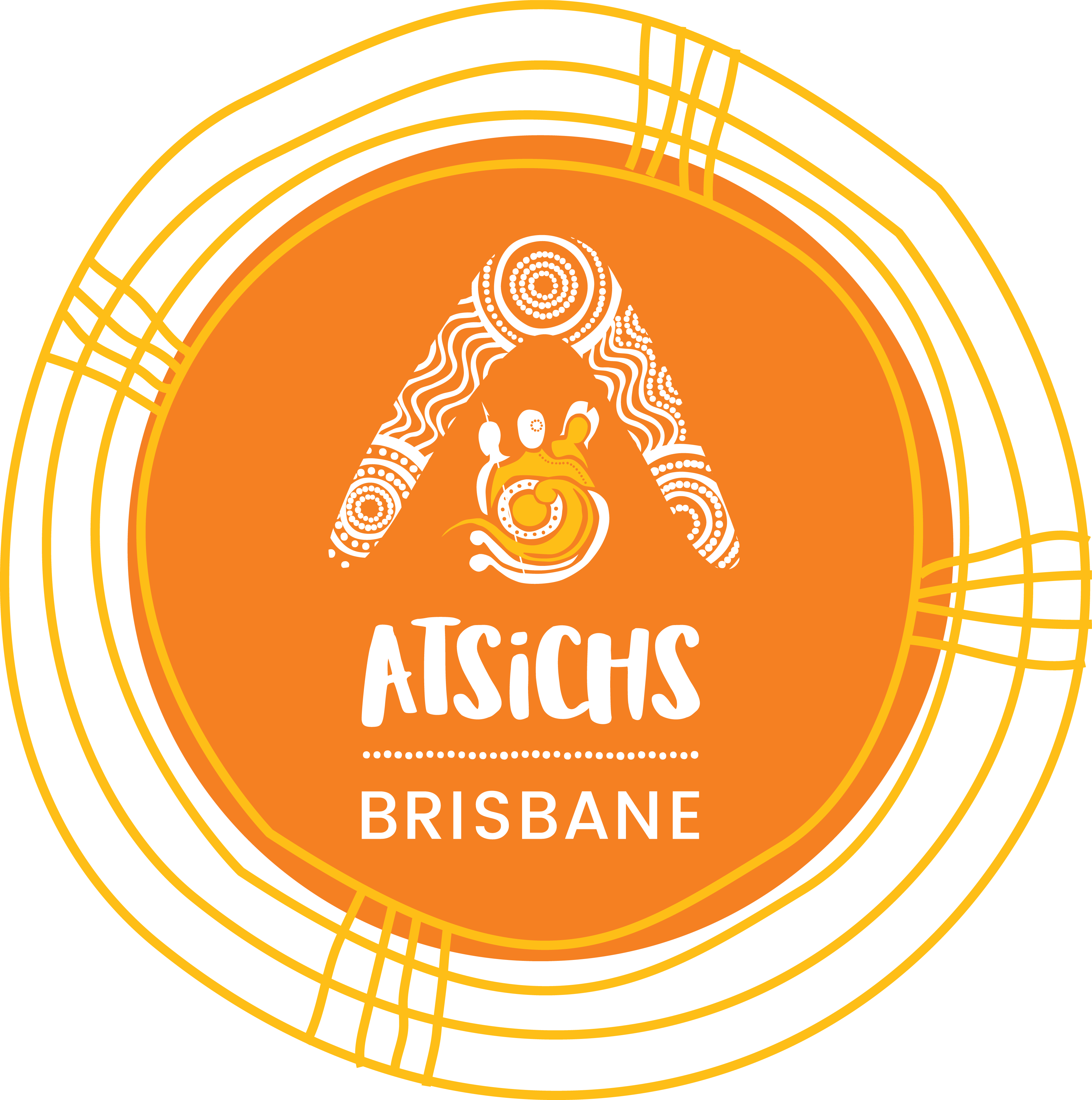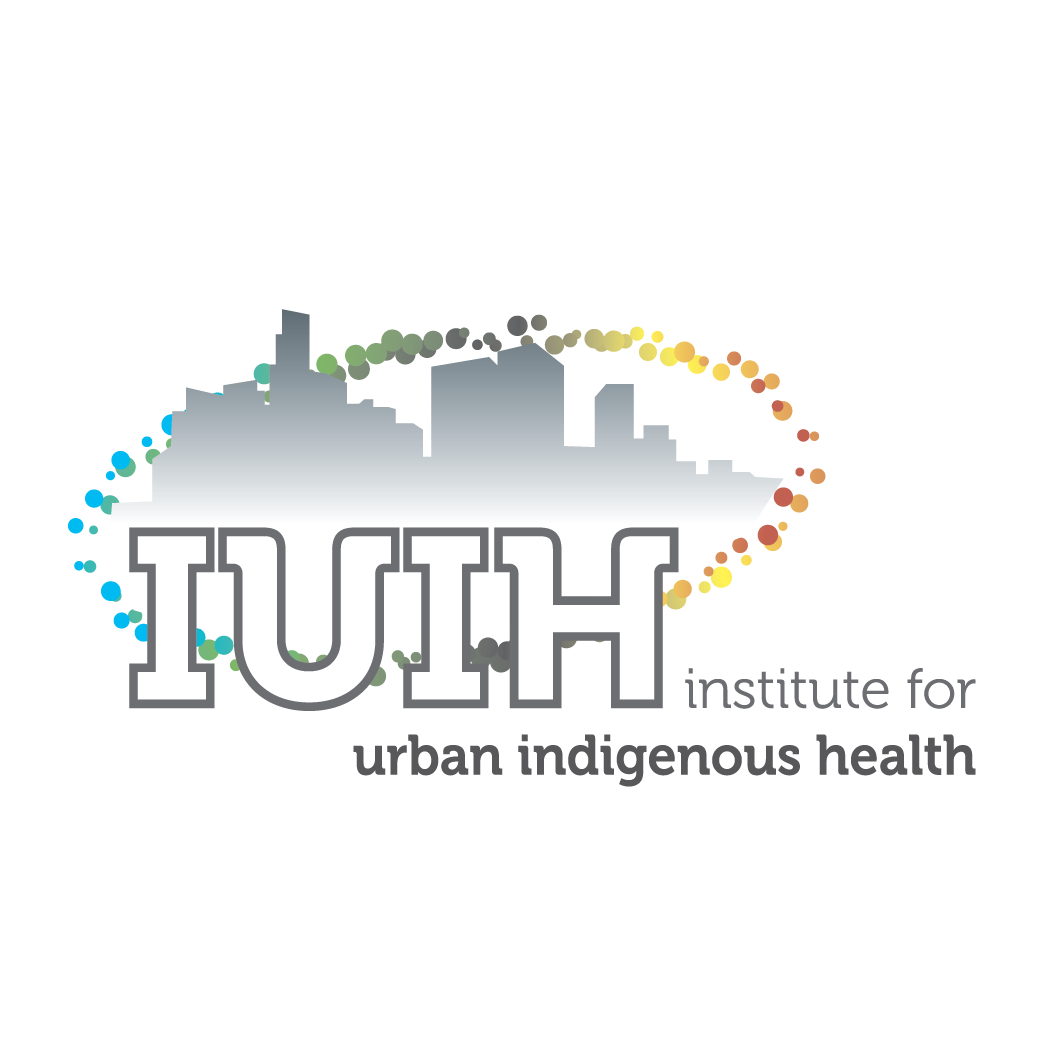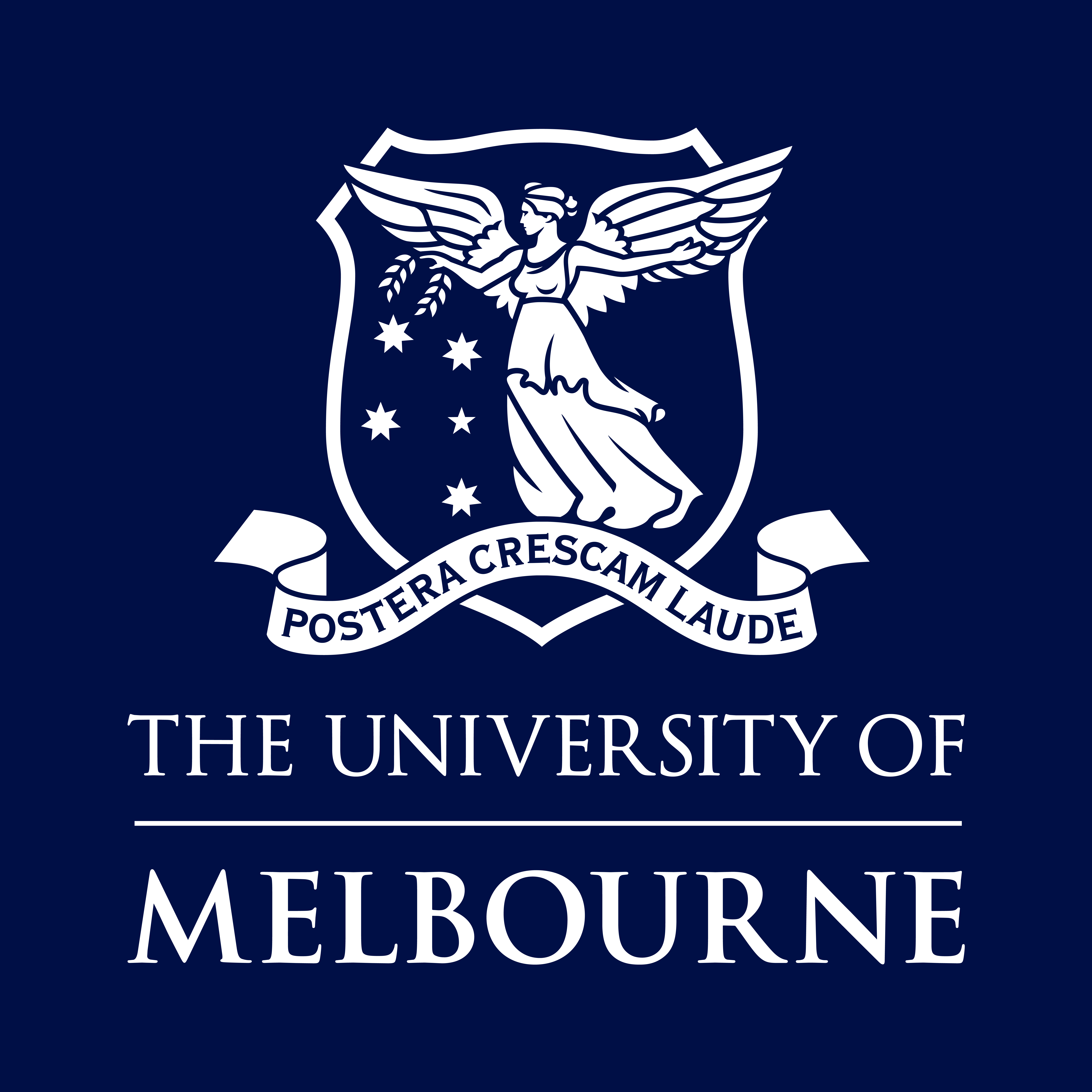Our Research

Research
Research is critical to supporting ATSICHS Brisbane’s vision and purpose. All research undertaken at ATSICHS Brisbane or in partnership with other organisations is designed to be respectful of the cultural values of Aboriginal and Torres Strait Islanders, led and overseen by Indigenous researchers and community members through our research committees, and ethically sound.
Our research team has significant experience in qualitative research – especially the use of interviews, focus groups and participant observation – and survey research – having designed numerous survey instruments and to improve internal processes and service delivery, as well as to deepen understanding of our community internally and with partner organisations.
We welcome opportunities to collaborate, to share ideas and to partner with external organisations.
Resources
Our Community, Our Research
Explore our community survey findings (2016 – 2024).
Current and Recent Research Projects
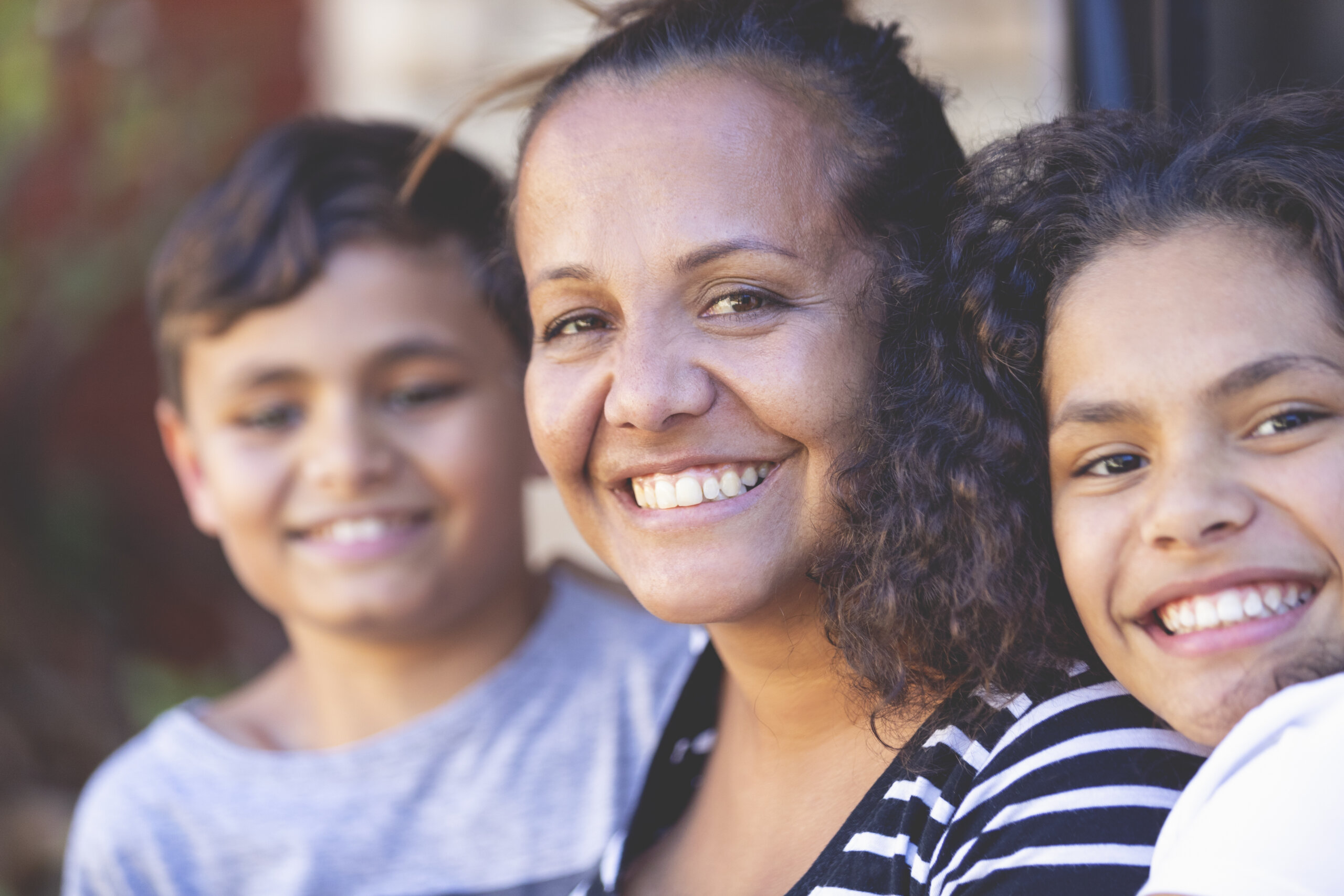
Mapping and invigorating kinship care
This project aims to design and trial a new model of kinship care. It will gain an understanding of the various definitions of kin amongst carers, investigates the relationship between supports available and kinship care outcomes, and aims to build an evidence base that ATSICHS Brisbane will use to inform internal decision-making, service delivery as well as policy advocacy.
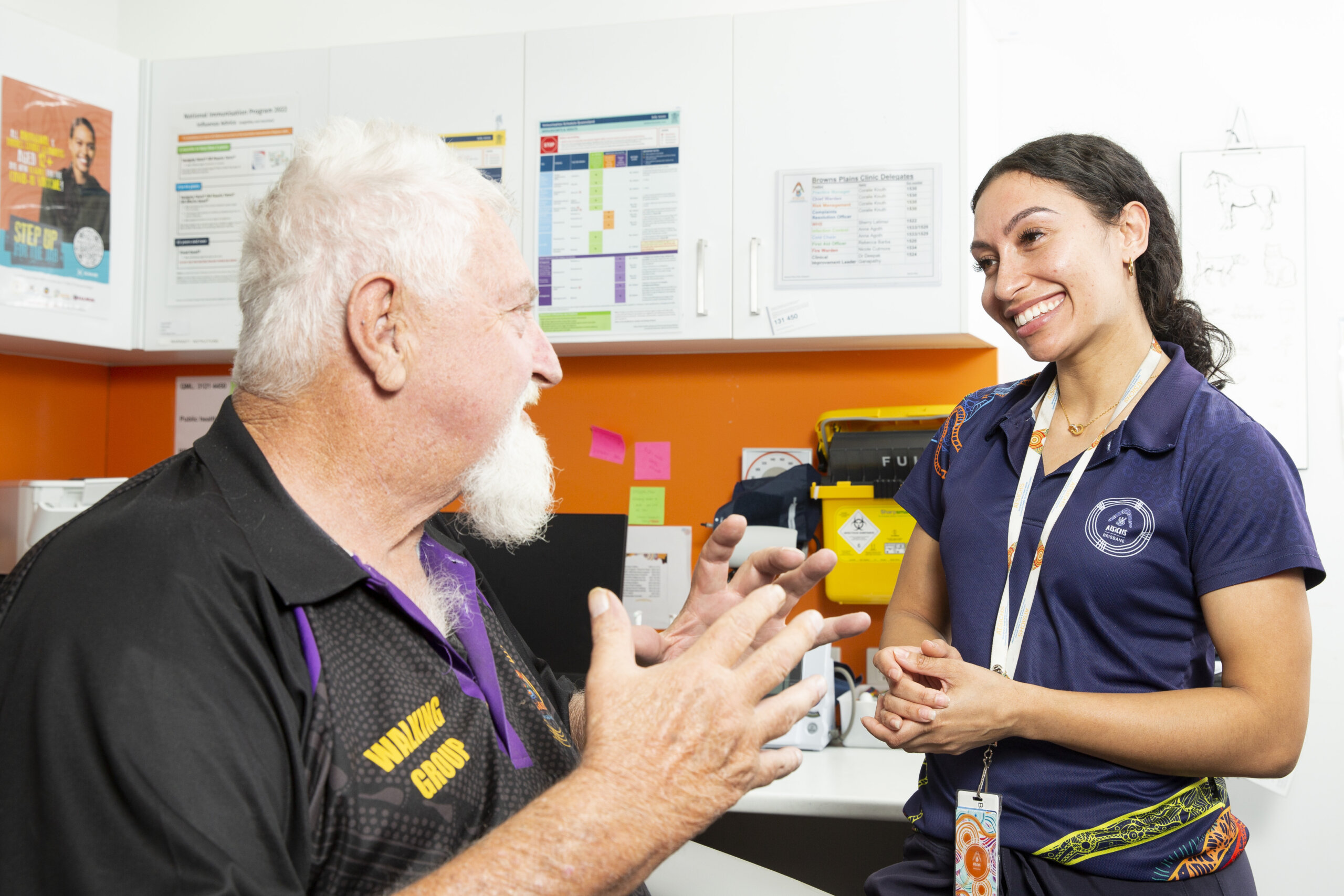
Laying the foundations for a whole-of health-care-system approach to addressing inequities in bowel cancer outcomes for Aboriginal and Torres Strait Islander people in Metro North
This project, a partnership with Metro North Health, aims to take a whole of system approach to address identified inequities in health outcomes for Aboriginal and Torres Strait Islander people diagnosed with bowel cancer.
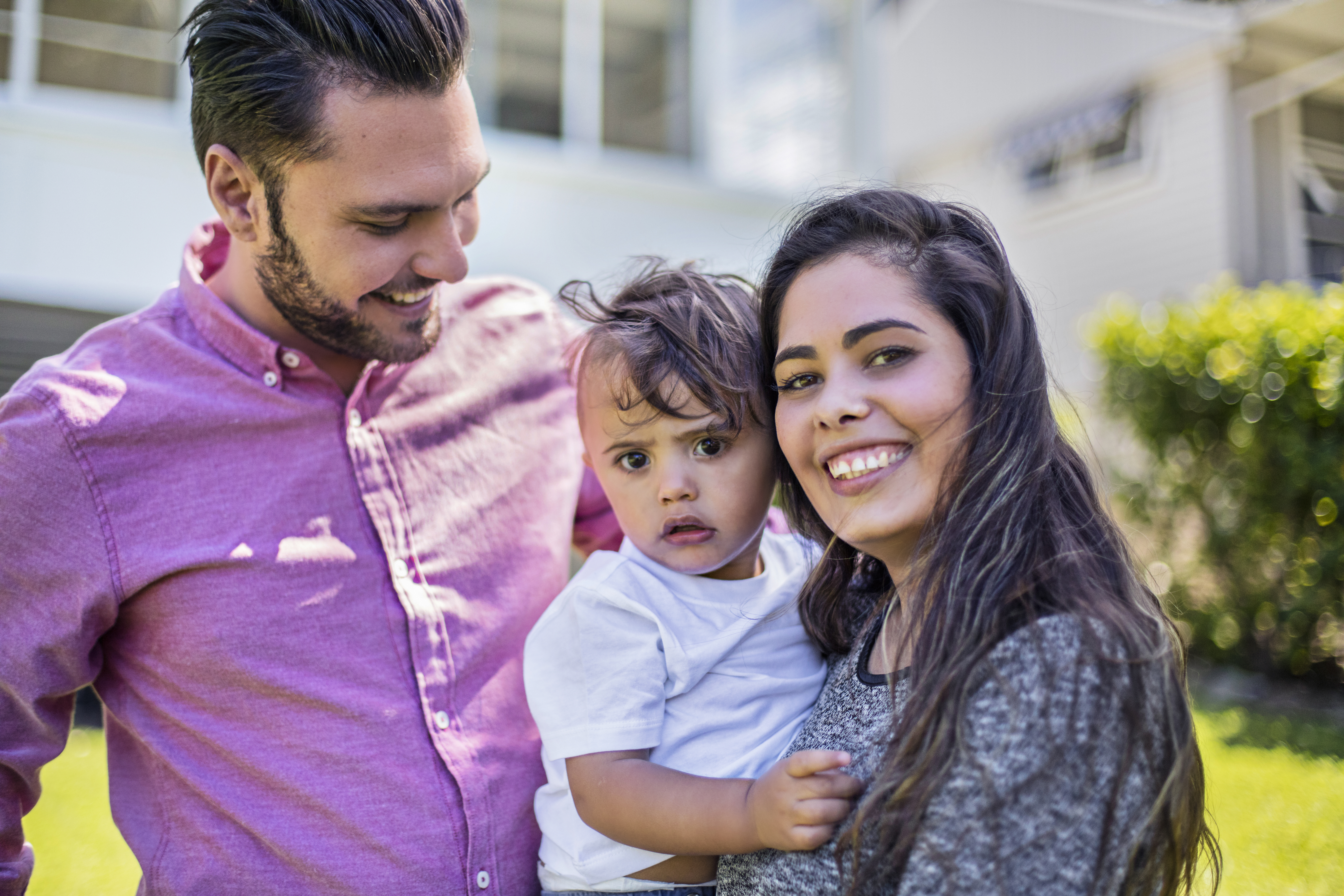
The effect of community-led support on long-term housing outcomes for Aboriginal and Torres Strait Islander clients
This project aims to gain an understanding of what secure housing means for Aboriginal and Torres Strait Islander clients, to increase voice by listening to the stories of Aboriginal and Torres Strait Islanders who have been or currently are at risk of homelessness, and to build an evidence base to inform internal decision-making as well as policy development.
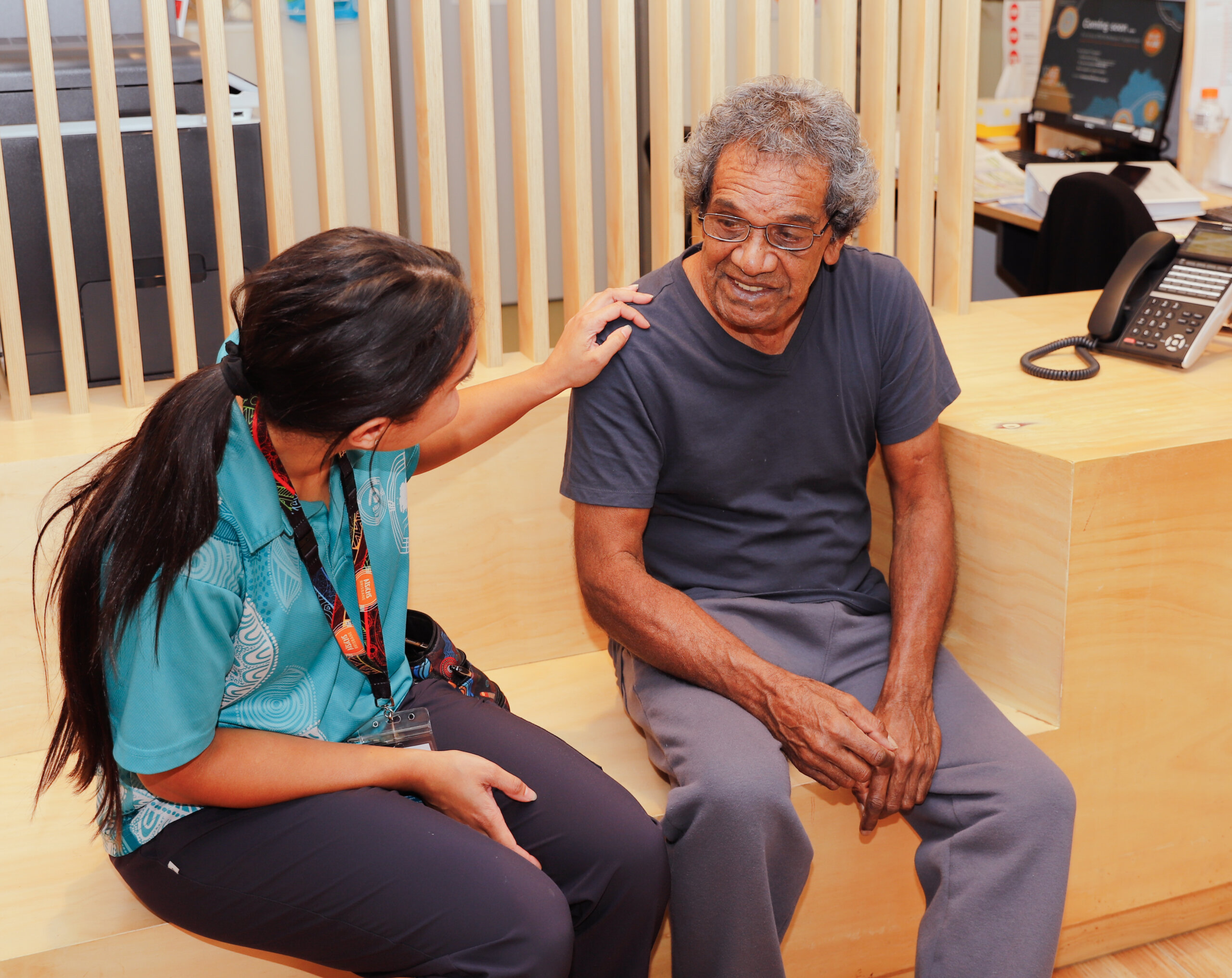
Elements of care that promote quality of life: The perspective of residents living in an Indigenous Nursing Centre
Working with researchers at QUT, this project aims to explore the elements of care that promote quality of life from the perspective of residents living at Jimbelunga Nursing Centre. It aims to ensure the voice of Jimbelunga clients are heard and findings will be used to review current care practices at Jimbelunga to ensure they reflect the needs of clients and to also help future residents to transition more easily into this care setting.
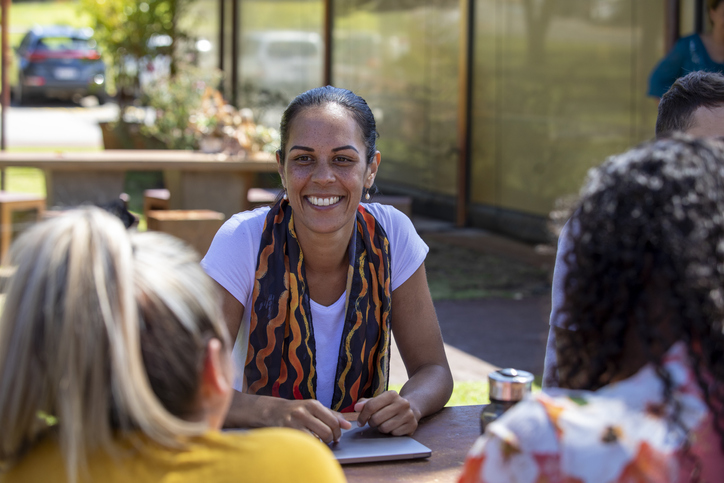
Improving understandings of and responses to alcohol-related family violence for Aboriginal people
Family violence (FV) and alcohol misuse have extremely detrimental effects on the lives of Aboriginal and Torres Strait Islander peoples.
This project, led by the University of Melbourne, includes ATSICHS Brisbane as one of its three field sites and aims to gain insights into how Aboriginal people understand and describe the relationship between FV and alcohol, to develop more efficient, culturally appropriate and effective interventions that reduce rates of ARFV.
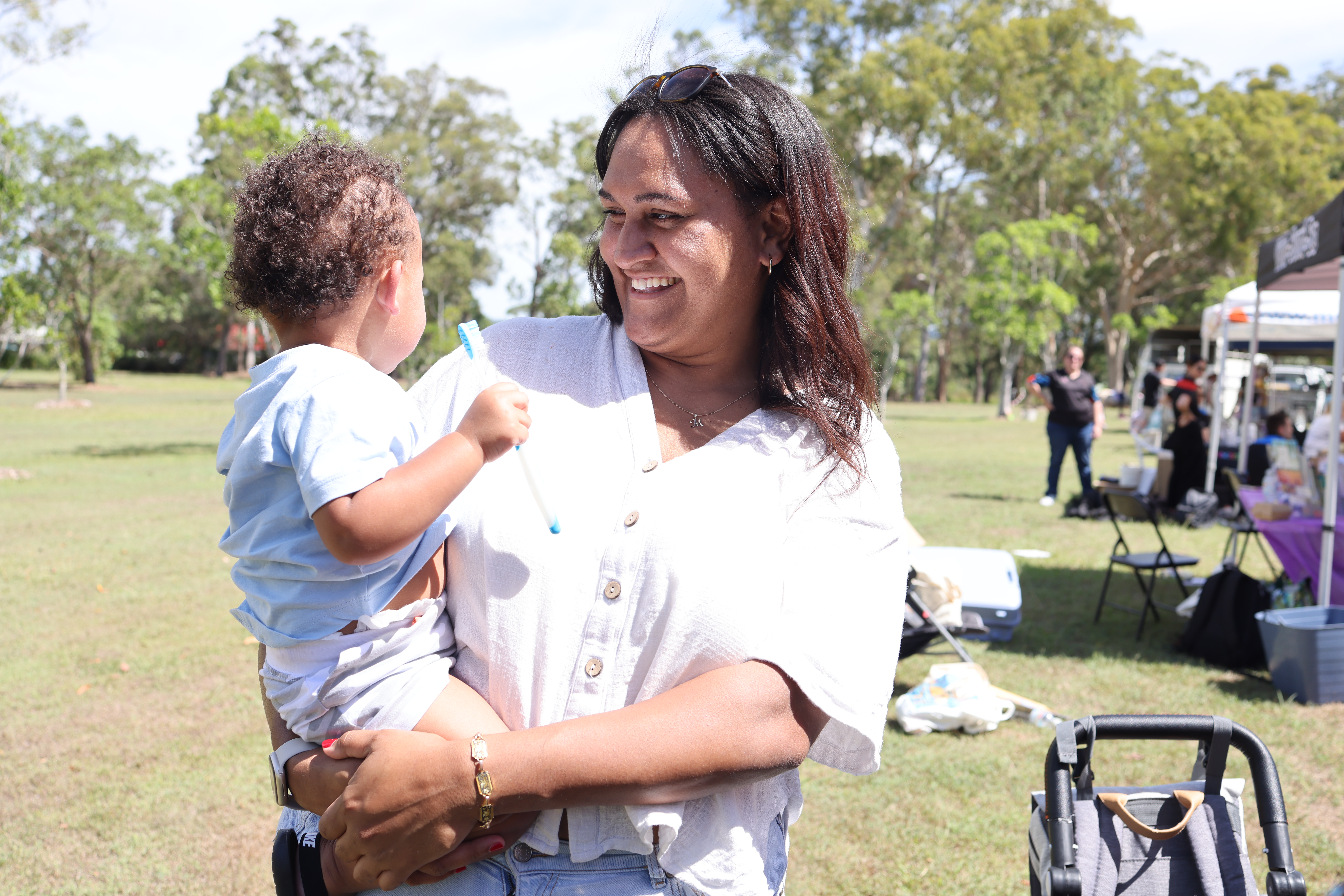
Closing the final gaps in maternal and infant health: the Deadly Fit Mums program
Disparities in maternal and infant health (MIH) persist between Indigenous and non-Indigenous Australians, despite clear national targets set in the 2008 Closing the Gap Strategy. Working with researchers at UQ and the Institute of Urban Indigenous Health, this project aims to scale up DFM services across greater Brisbane and measure the efficacy and acceptability of the program. This project will identify a best practice model for mums and their families, with a long-term vision to upscale DFM nationally.
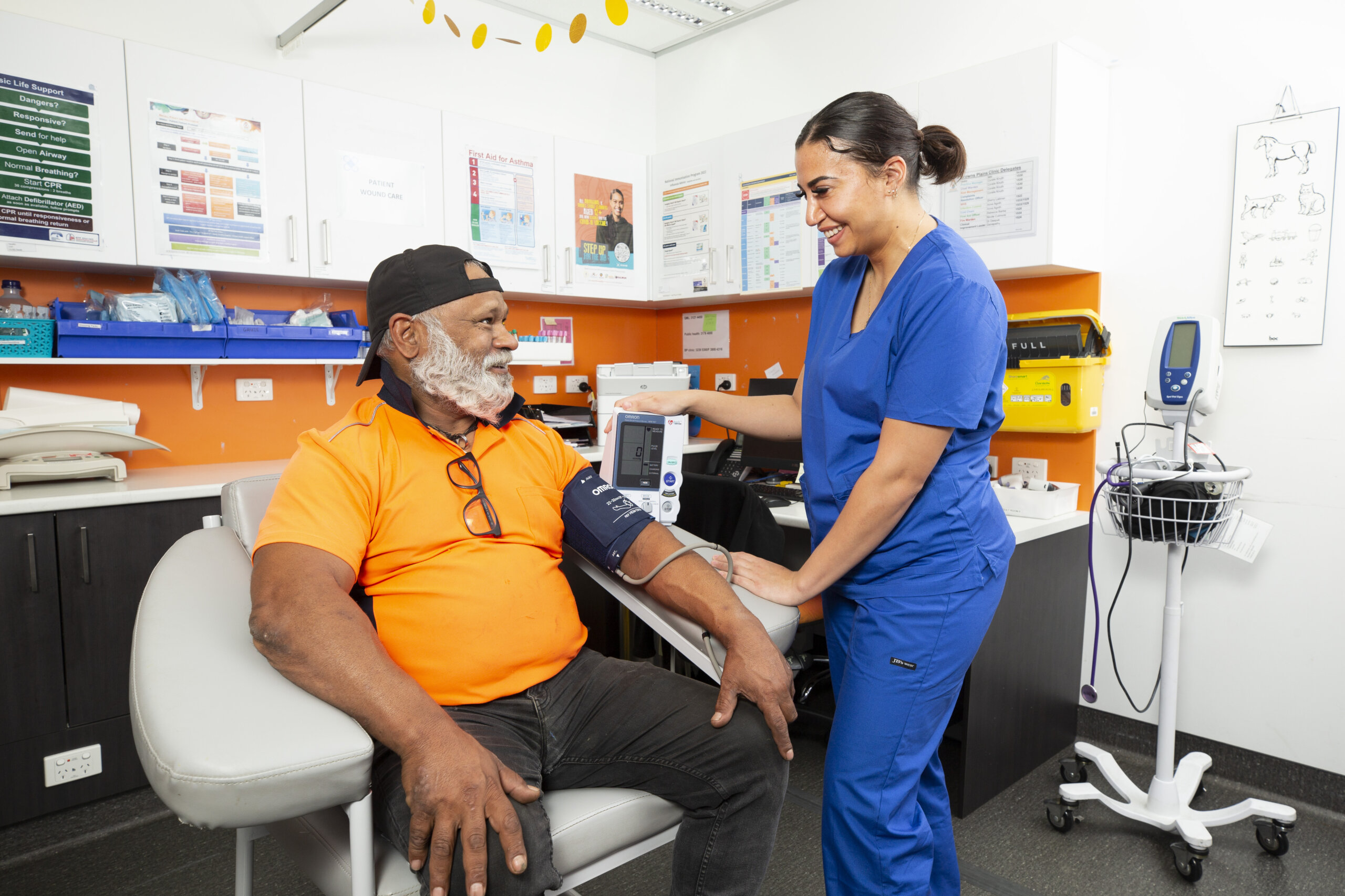
Unmet needs in prostate cancer care for Indigenous men and their communities
Prostate cancer is the most common cancer in Australia and the highest cancer health expenditure for males. In some parts of Australia, Aboriginal and Torres Strait Islander men are nearly 50% more likely to die from prostate cancer, despite comparable disease and age characteristics.
Led by Metro North Health and partnering with UQ, this project aims to gain a greater understanding of the cancer care pathway and the unmet care needs of Indigenous people diagnosed with, and affected by, prostate cancer.
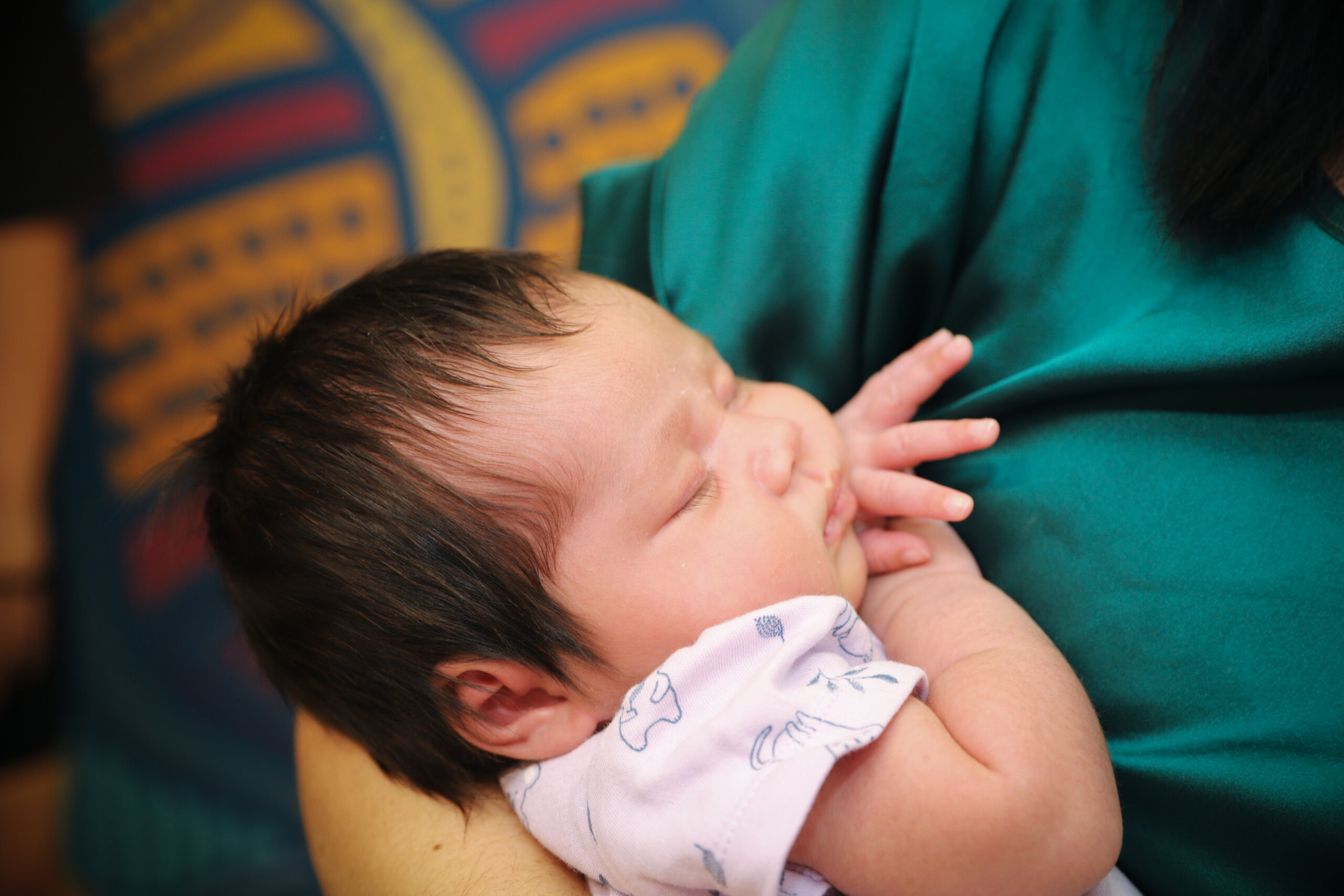
Birthing in Our Community: gold standard Indigenous maternal infant health
Birthing in Our Community (BiOC) is an Indigenous-led maternal Infant Health program designed and implemented in Brisbane. BiOC’s outcomes have included a 50% reduction in pre-term births, improvement in healthy weight babies, and increased antenatal visits. This project led by UQ aims to extend the reach of BiOC to three settings and follow cohorts of families to assess clinical outcomes. The goal is to build the evidence base to support adaptation and implementation of BiOC programs in urban Indigenous communities.
